Ritomune 100MG Tablet (60’s)
Ritomune 100MG Tablet (60’s) is a pharmaceutical product that contains Ritonavir, a potent antiretroviral medication primarily used in the treatment of HIV/AIDS. Each tablet contains 100 mg of Ritonavir, which plays a crucial role in inhibiting the replication of the HIV virus, thereby helping to manage the infection and improve the quality of life for those affected. Ritomune is often prescribed as part of a combination therapy, which may include other antiretroviral agents, to enhance its effectiveness and reduce the viral load in patients. The formulation is designed for oral administration, making it convenient for patients to incorporate into their daily routines. Ritomune is essential in the ongoing fight against HIV, providing a vital option for individuals seeking to control their condition and maintain their health.
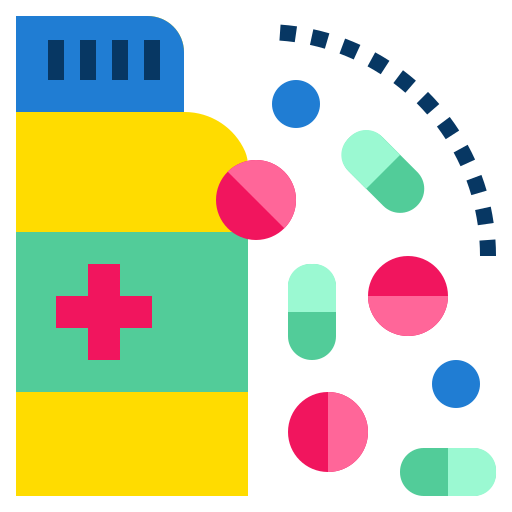
Essential Drug Facts
| Dosage form | Oral Tablet |
|---|---|
| Habit Forming | No |
| Systemic Category | Infectious Disease Drugs |

What are the Indication / Medical Uses of Ritomune 100MG Tablet (60’s)
Ritomune 100MG Tablet (60's) is indicated for the treatment of HIV infection in adults and children. It is used as part of a comprehensive antiretroviral therapy regimen, which may include other medications to ensure a more effective suppression of the virus. By reducing the viral load in the body, Ritomune helps to prevent the progression of HIV to AIDS, thereby improving the overall health and longevity of patients. It is also utilized in certain cases to prevent HIV transmission from mother to child during childbirth.

How Does Ritomune 100MG Tablet (60’s) Benefit You?
The benefits of Ritomune 100MG Tablet (60's) for patients are significant. By effectively lowering the viral load of HIV in the body, Ritonavir helps to restore and maintain immune function, which is crucial for overall health. Patients taking Ritomune may experience fewer HIV-related complications and a better quality of life. Additionally, when used in combination with other antiretroviral drugs, Ritomune can enhance the effectiveness of the treatment, leading to improved health outcomes and a reduced risk of HIV transmission.
.svg)
Ritomune 100MG Tablet (60’s) Action Mechanism
Ritomune 100MG Tablet (60's) works by inhibiting the protease enzyme that HIV requires to replicate. By blocking this enzyme, Ritonavir prevents the virus from maturing and multiplying, which is essential for its survival and spread within the body. This mechanism of action not only helps to reduce the viral load but also allows the immune system to recover and function more effectively, providing a dual benefit in the management of HIV infection.

How should Ritomune 100MG Tablet (60’s) be used
To use Ritomune 100MG Tablet (60's) properly, it is essential to follow the dosage instructions provided by a healthcare professional. Typically, the medication is taken orally with or without food, and it is crucial to adhere to the prescribed schedule to maintain consistent levels of the drug in the bloodstream. Patients should not alter their dosage without consulting their doctor, as this could affect the treatment's effectiveness.

When is the best time to take Ritomune 100MG Tablet (60’s) ?
The best time to take Ritomune 100MG Tablet (60's) is as directed by a healthcare provider, often recommended to be taken at the same time each day to maintain a consistent level of the medication in the body. Taking the tablet with food can help improve absorption and reduce potential gastrointestinal side effects. Patients should establish a routine that fits their lifestyle to ensure adherence to the treatment plan.

How does it affect me if I overdose?
In the event of an overdose of Ritomune 100MG Tablet (60's), patients may experience severe side effects, including nausea, vomiting, diarrhea, and abdominal pain. Overdosing can lead to more serious complications, such as liver damage or other organ dysfunction. If an overdose is suspected, it is crucial to seek immediate medical attention to manage the situation effectively.
.svg)
How does it affect me if I miss a dose?
If a dose of Ritomune 100MG Tablet (60's) is missed, patients should take it as soon as they remember. However, if it is almost time for the next scheduled dose, they should skip the missed dose and continue with their regular dosing schedule. Patients should not take two doses at once to make up for a missed dose, as this could increase the risk of side effects and complications.

Drug Adverse Reactions of Ritomune 100MG Tablet (60’s)
Possible side effects and adverse reactions of Ritomune 100MG Tablet (60's) may include gastrointestinal disturbances such as nausea, vomiting, diarrhea, and abdominal pain. Other common side effects can include fatigue, headache, and changes in taste. In some cases, patients may experience more severe reactions, such as liver toxicity or allergic reactions. It is essential for patients to report any unusual symptoms to their healthcare provider promptly.

Ritomune 100MG Tablet (60’s) Tablet is contraindicated in following conditions
Ritomune 100MG Tablet (60's) is contraindicated in individuals with a known hypersensitivity to Ritonavir or any of the tablet's inactive ingredients. It should also be avoided in patients with severe liver disease, as the drug is metabolized in the liver and could exacerbate liver dysfunction. Additionally, caution is advised in patients taking certain medications that may interact adversely with Ritonavir.

Ritomune 100MG Tablet (60’s) Safety Warnings and Precautions

The consumption of alcohol while taking Ritonavir is not recommended, as it can increase the risk of liver toxicity and may interfere with the medication's effectiveness.

Individuals with a known allergy to Ritonavir or any of its components should avoid using this medication, as it can lead to severe allergic reactions.

Ritonavir may pose risks during pregnancy, and its use should be carefully considered and monitored by a healthcare provider to weigh the benefits against potential risks to the fetus.

The safety and efficacy of Ritonavir in children have not been fully established, and its use should be closely monitored by a healthcare provider.

Ritonavir is excreted in breast milk, and while the effects on a nursing infant are not fully understood, it is advisable to consult a healthcare professional before using this medication while breastfeeding.

Ritonavir may cause dizziness or drowsiness in some individuals, so caution is advised when driving or operating heavy machinery until the effects of the medication are known.

Patients with kidney impairment may require dose adjustments and careful monitoring while taking Ritonavir, as the drug's clearance can be affected.

Patients with respiratory issues should use Ritonavir with caution, as it may exacerbate certain lung conditions or interact with medications used for respiratory diseases.

Ritonavir is contraindicated in patients with severe liver impairment, as it can exacerbate liver function issues and lead to serious complications.

Ritonavir can cause changes in heart rhythm and may interact with other medications that affect cardiac function, necessitating careful monitoring in patients with pre-existing heart conditions.

Interactions between Ritomune 100MG Tablet (60’s)
Ritomune 100MG Tablet (60's) may interact with various other medications, which can either enhance or diminish its effectiveness. It is crucial for patients to inform their healthcare provider about all medications they are currently taking, including prescription drugs, over-the-counter medications, and herbal supplements. Certain drugs, such as those used to treat seizures, tuberculosis, or other viral infections, may have significant interactions with Ritonavir, necessitating careful management and potential dosage adjustments.

How to store and dispose of Ritomune 100MG Tablet (60’s)
To store and dispose of Ritomune 100MG Tablet (60's) properly, keep the medication in a cool, dry place away from direct sunlight and moisture. It should be stored at room temperature, ideally between 20°C to 25°C (68°F to 77°F). Ensure that the tablets are kept out of reach of children and pets. When it comes to disposal, do not flush the medication down the toilet or pour it down the drain. Instead, follow local regulations for medication disposal or consult a pharmacist for safe disposal options.

Here are a few quick tips for Ritomune 100MG Tablet (60’s)
Here are a few quick tips for using Ritomune 100MG Tablet (60's) effectively and safely: always take the medication as prescribed by your healthcare provider, and do not skip doses to maintain consistent drug levels in your system. It is advisable to take the tablet with food to enhance absorption and minimize gastrointestinal side effects. Regularly monitor your health and report any unusual symptoms to your doctor. Additionally, maintain open communication with your healthcare provider regarding any other medications you are taking to avoid potential interactions.

Parameters that should be monitored Ritomune 100MG Tablet (60’s)
While using Ritomune 100MG Tablet (60's), it is essential to monitor specific parameters to ensure the medication's safety and effectiveness. Regular liver function tests should be conducted to detect any signs of liver toxicity early. Patients should also have their viral load and CD4 cell counts monitored periodically to assess the effectiveness of the treatment. Additionally, any side effects or new symptoms should be reported to a healthcare provider promptly for appropriate management.

Considerations related to diet Ritomune 100MG Tablet (60’s)
Dietary considerations while using Ritomune 100MG Tablet (60's) include maintaining a balanced diet to support overall health and immune function. Patients should be cautious about consuming high-fat meals, as they can affect the absorption of Ritonavir. It is also advisable to limit alcohol intake, as it can increase the risk of liver toxicity. Consulting a healthcare provider or a nutritionist can help patients develop a suitable dietary plan while on this medication.

Question and Answer (FAQ)
Q: What is Ritomune 100MG Tablet used for?
A: Ritomune 100MG Tablet is used for the treatment of HIV infection as part of a combination antiretroviral therapy.
Q: How should I take Ritomune 100MG Tablet?
A: Take Ritomune 100MG Tablet orally, with or without food, as directed by your healthcare provider.
Q: What are the common side effects of Ritomune 100MG Tablet?
A: Common side effects include nausea, vomiting, diarrhea, fatigue, and headache.
Q: Can I take Ritomune 100MG Tablet during pregnancy?
A: Ritomune should be used with caution during pregnancy; consult your healthcare provider for guidance.
Q: Is Ritomune safe for children?
A: Ritomune should be used with caution in children; consult a healthcare provider for appropriate dosing.
Q: What should I do if I miss a dose of Ritomune?
A: If you miss a dose, take it as soon as you remember, but skip it if it's almost time for the next dose.
Q: What happens if I overdose on Ritomune?
A: An overdose may lead to severe side effects, including nausea, vomiting, and potential liver damage; seek medical attention immediately.
Q: Can I drink alcohol while taking Ritomune?
A: It is advisable to limit alcohol intake while taking Ritomune, as it can increase the risk of liver toxicity.
Q: How should I store Ritomune 100MG Tablet?
A: Store Ritomune in a cool, dry place away from direct sunlight and out of reach of children.
Q: What should I monitor while taking Ritomune?
A: Regular liver function tests and monitoring of viral load and CD4 counts are essential while taking Ritomune.

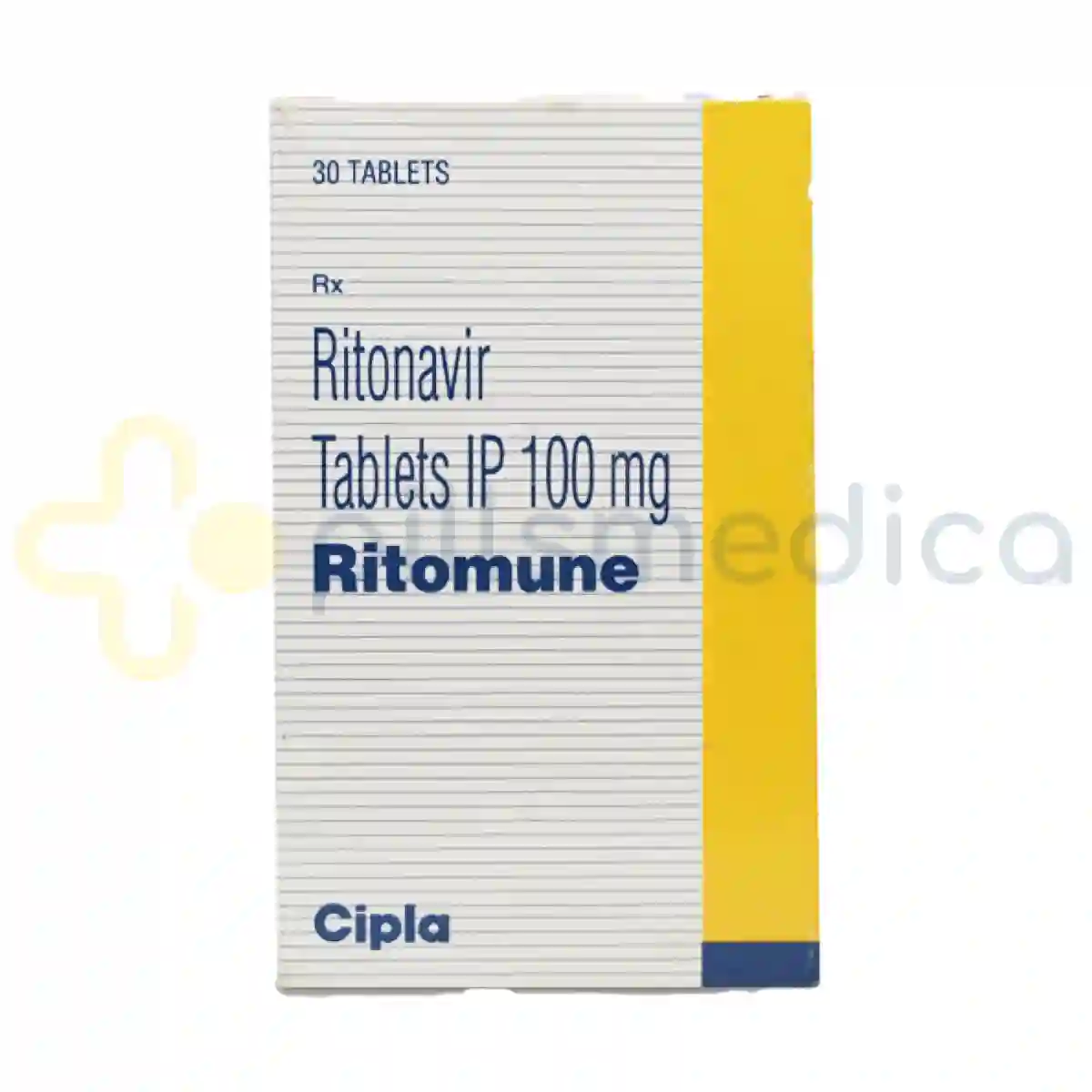
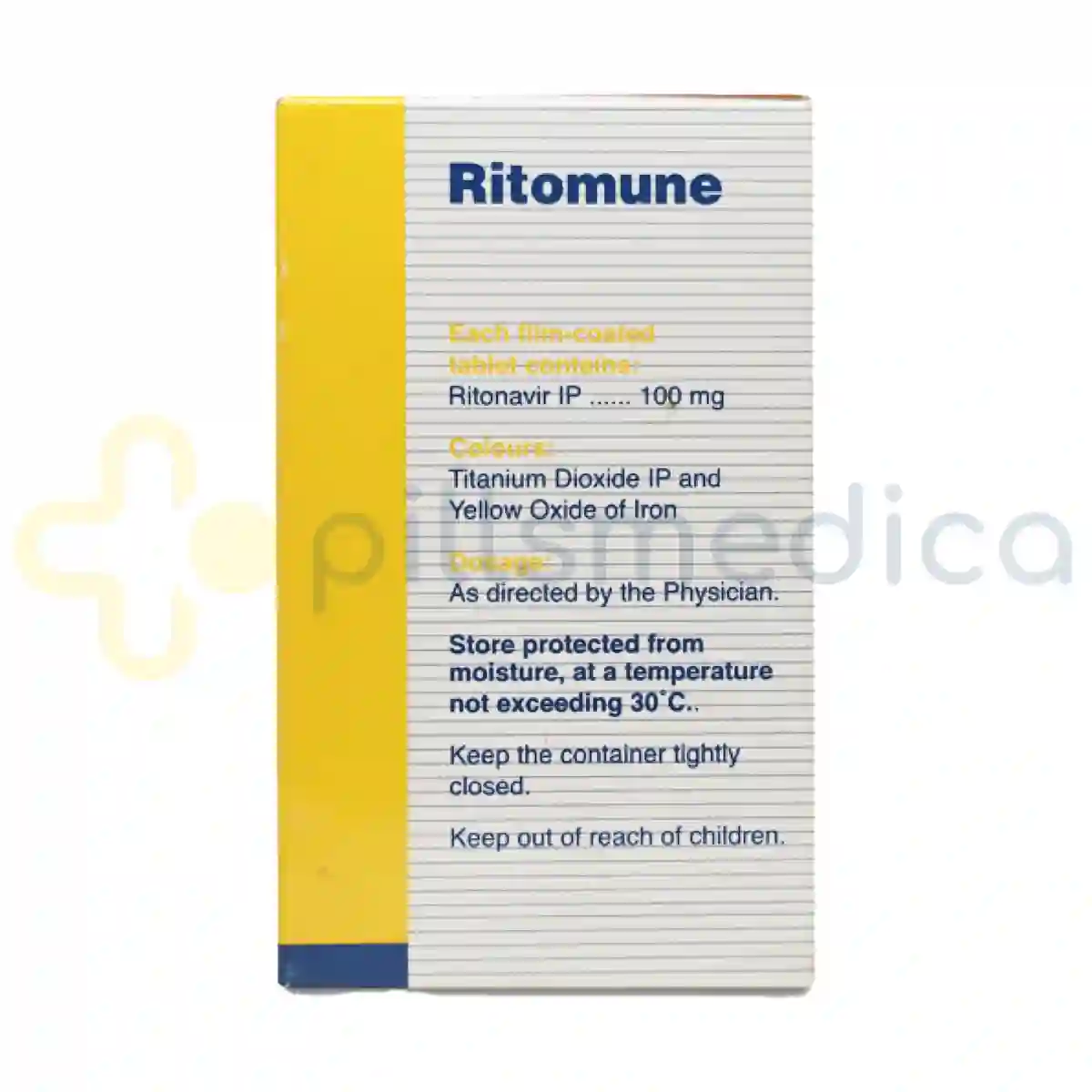
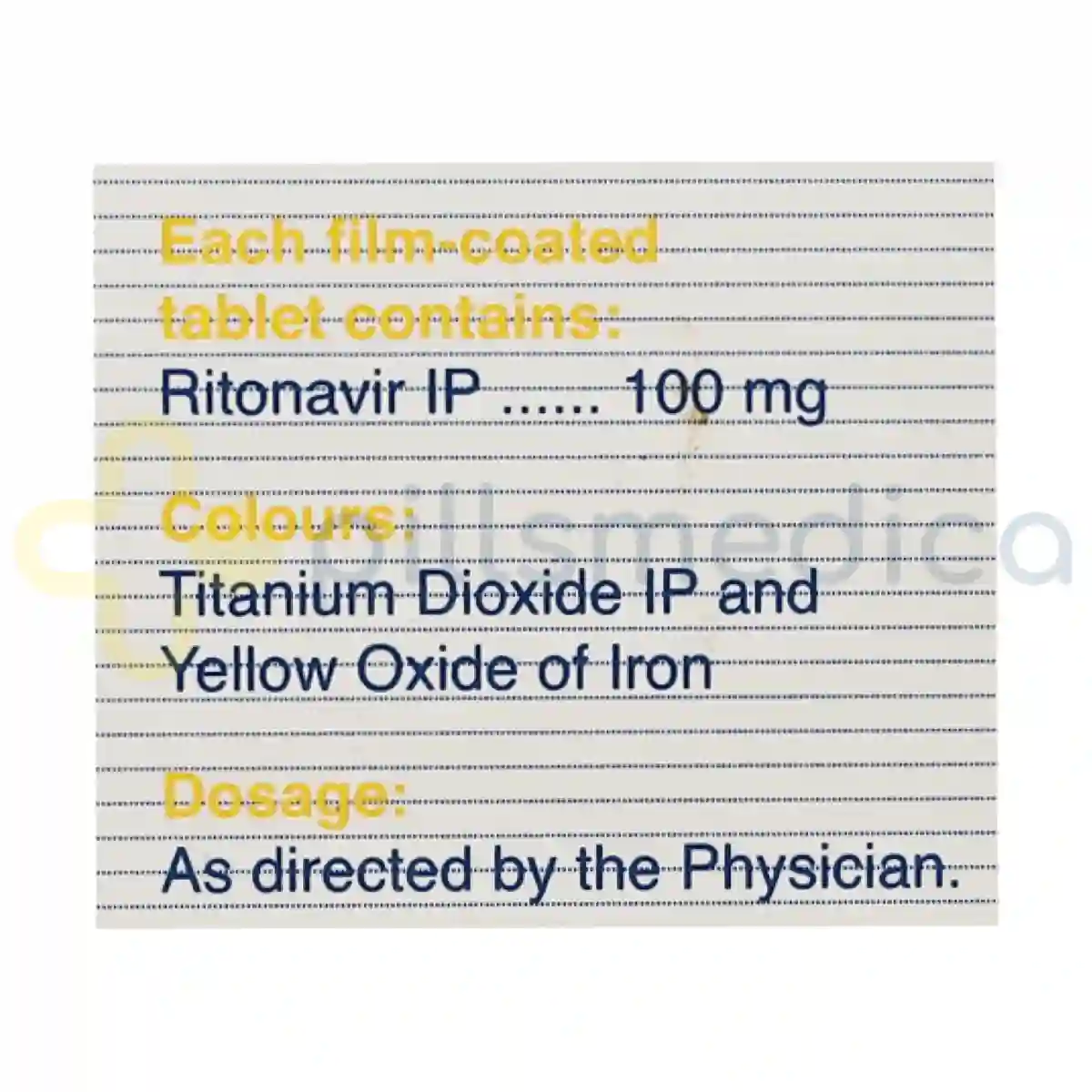
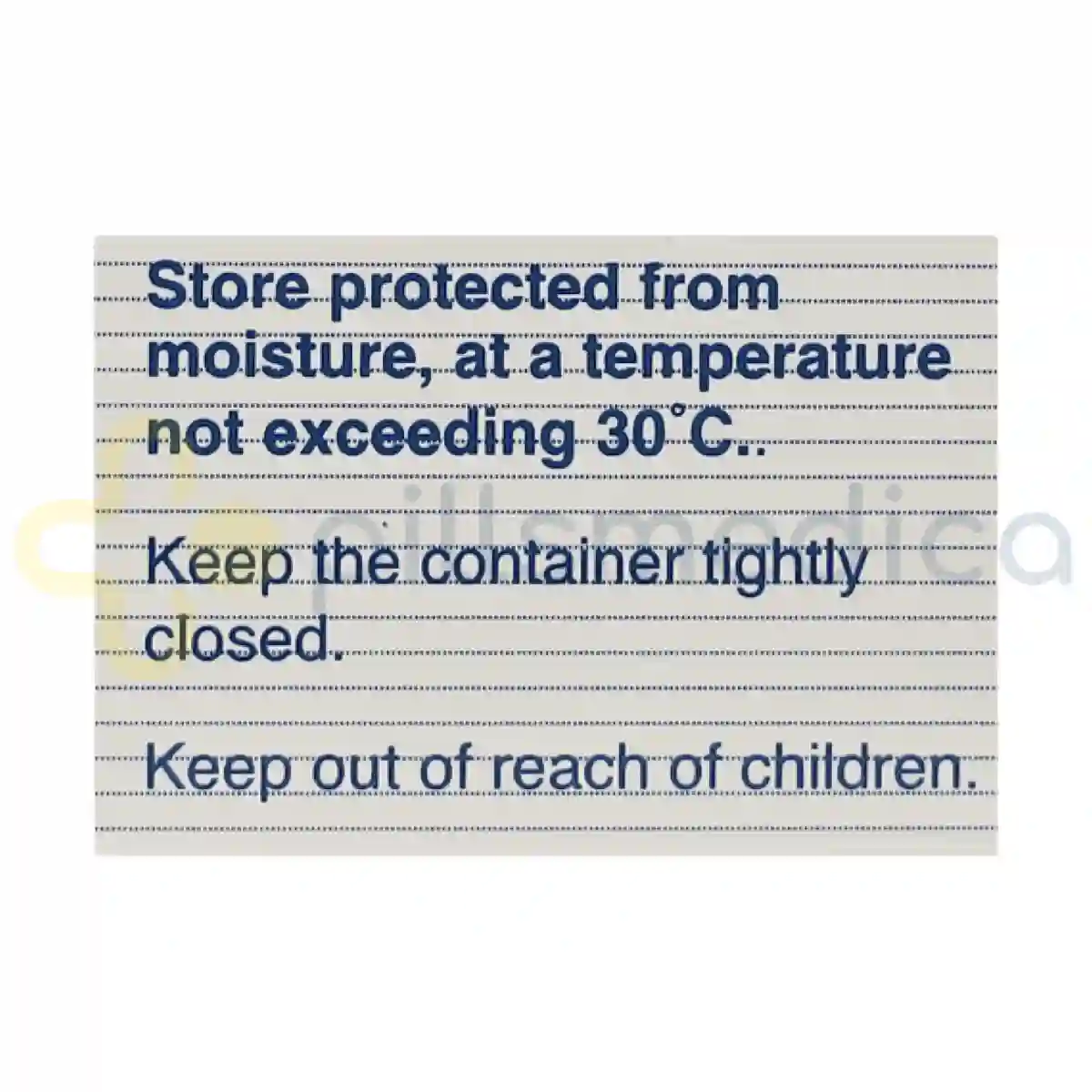
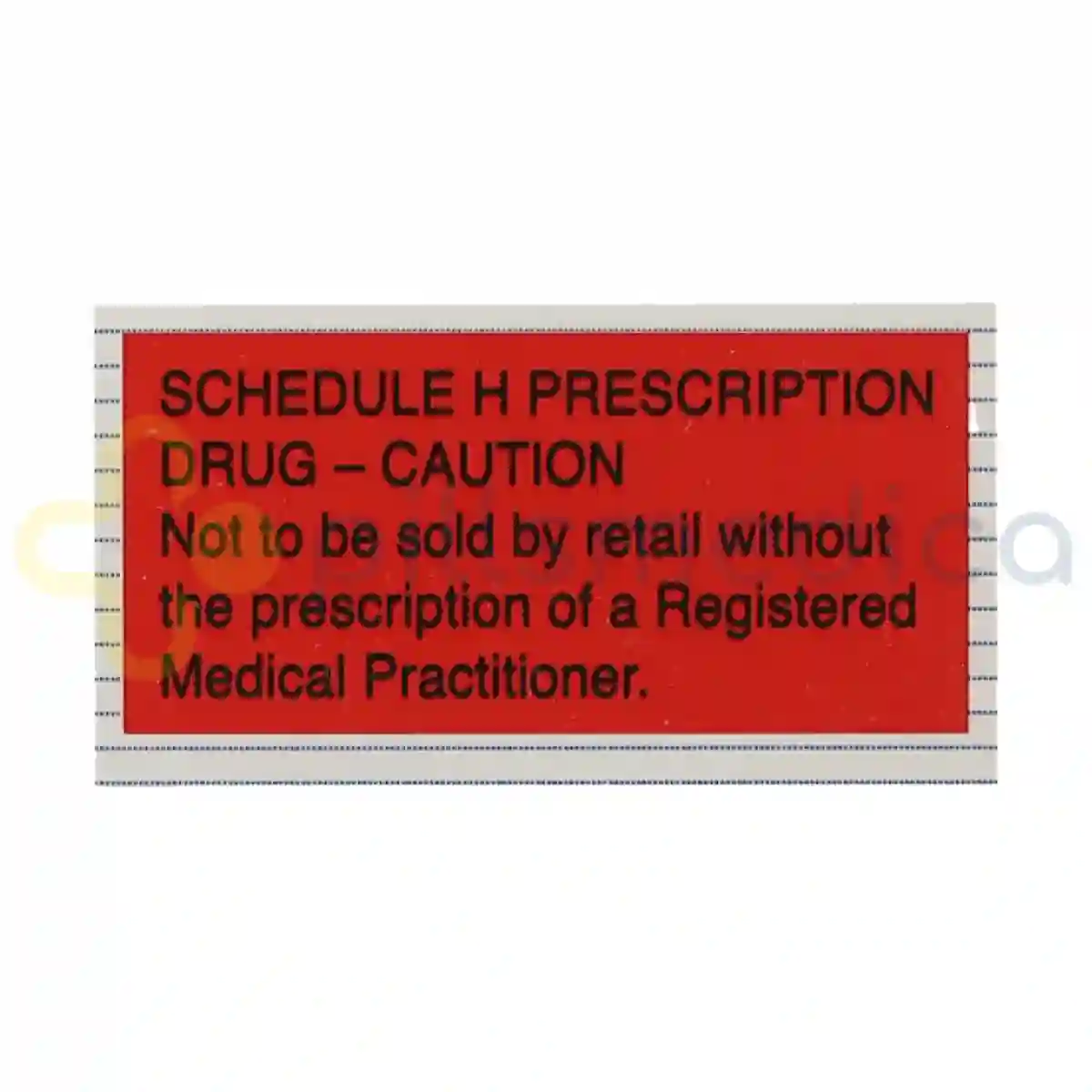
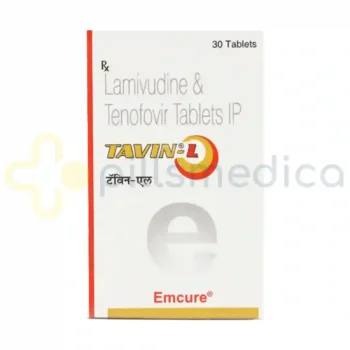

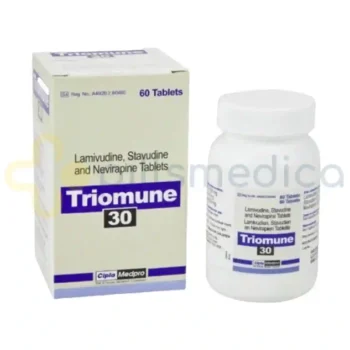


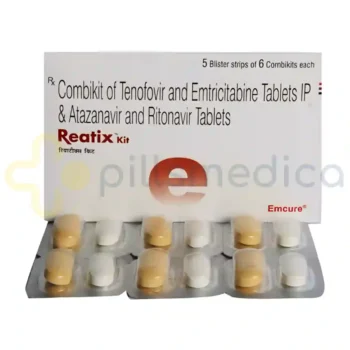
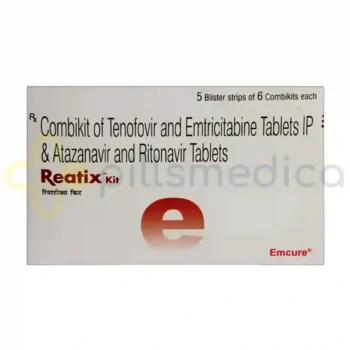
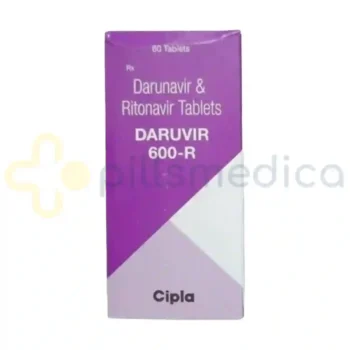
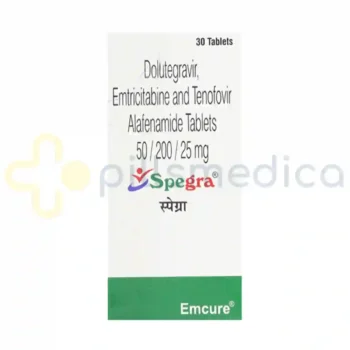

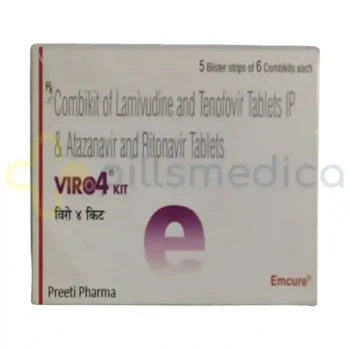


Reviews
There are no reviews yet.